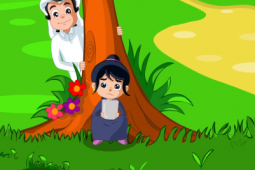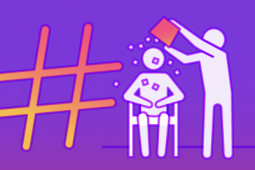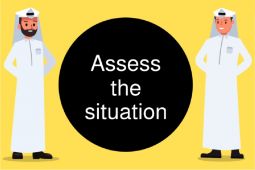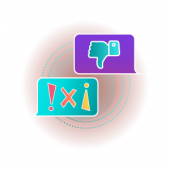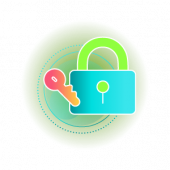How do i I deal with unpleasant messages or comments I get online?
Standing Up Against Peer Pressure
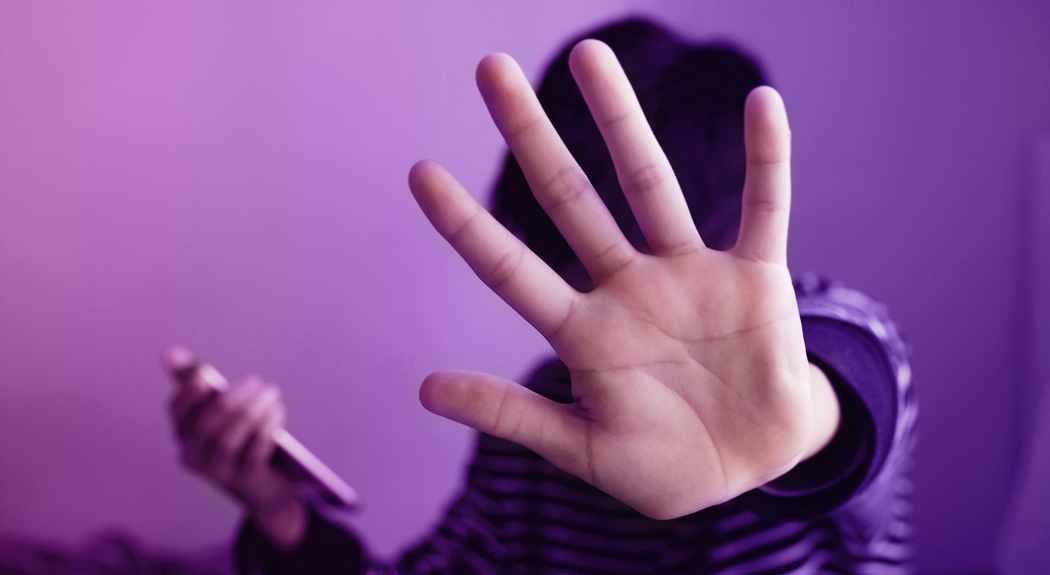
Understanding peer pressure and its consequences:
It is important to understand the microsystems in which youth live in, such as family, school, friends, and peer groups, as well as the specific culture within which the family identifies, which has a big impact on the youth’s personalities. This means that adolescents are mostly influenced by their families and their surroundings.
Adolescence is the phase when you begin to form your own identity; a phase that can create much confusion. At this age, you may grant much importance to your friends, to the extent you could give them power over yourself. This phenomenon is called “peer pressure.” Whether online or offline, adolescents give importance to their friends and the digital world which is reflected on their social media posts.
First, peer pressure isn't only about daring someone to do something, for example, but it is often, much more subtle. Peer pressure occurs when groups of people force one another to adopt certain beliefs or behaviors and the groups of friends will like those who follow them and dislike those who don’t. So, when we say online Peer pressure, we are talking about groups of peers reflecting their ways of lives online, by showing their luxurious life, certain types of views, challenges, tricks, and other types of behaviors that are called “trends” among the youth. This is why many youngsters that joined these groups will adhere to certain trends online, such as posting every day or by showing certain aspects of their lives online and this puts pressure on them to always stay “trendy”. However, online Peer pressure may have both positive and negative effects on you.
Positive online peer pressure:
- Respecting others, by writing positive comments, and following netiquette.
- Standing up against negative online behavior such as cyberbullying.
- Being honest, and posting truthful news or photos, and reporting any fake news and scams.
- Joining an online group for a good cause or belief and talking about these groups via posts on your personal accounts.
Negative online peer pressure:
- Being encouraged to fight someone and engage in hateful online discussions.
- Cyberbullying or teasing others.
- Posting bad behavior online and showing content that you don’t want to actually show but you do to just please other peers.
- Hating on other’s posts and opinions.
Role of digital relations in peer pressure:
What we now call “online peer pressure” has crossed walls, telephones, parents, and direct social lives, and is reaching you wherever you might be, forcing you to do bad behavior such as sending inappropriate content, and social media is an additional factor for peer pressure, creating new power to influence your life, negatively or positively.
Let’s have a closer look at the role of social media in peer pressure: Nowadays, may spend hours on various social media accounts to boost our social standing. This may compel to do things we shouldn’t do or aren’t even keen to do. For example:
- Going through our friends’ Facebook timelines and seeing them, for example, going to late-night parties, makes us feel that everyone is enjoying their lives.
- The fear of missing out it may be so powerful that we unintentionally start being attracted to these activities.
- The “cool” teen now in your school or neighborhood is the influencer on social media who spreads trends to others. Based on what he says, others are either accepted or rejected.
Teenagers face "Virtual peer pressure” almost daily without even noticing it. These days, friends, peers, and other people take just a few minutes to reject fellow peers and create hate groups against them. This new type of peer pressure is not going away after school or college; it is online and here to stay.
Social media is supposed to be a “cool” online platform to engage with each other, meet more people, and support friends, instead, however, it has become a weapon for bullies who use it to spread their opinions about anyone publicly without realizing the impact of their words and actions on others.
How can you help yourself with negative online peer pressure?
- Observe the online behavior of the people you follow online. Observe what they do and their actions. Make positive choices about who you want to interact with, instead of joining and engaging with an online group just because it is there.
- Are you being forced to post certain information and beliefs that you don’t actually believe in or and show your profile in a certain aspect that you don’t want to? If you have you need to do the following:
- Say "No" forcefully. If you do not believe yourself, no one else will either.
- You do not need to apologize for your individuality.
- Find a friend; someone who feels the same way you do and who will support your decision to say no, and ask for support from your parents.
- If you are in a situation where there is always a conflict, such as replying to hateful comments and messaging them in a negative then end it. Learn how to not respond and not to be influenced by the comments and messages because most probably the aim behind these negative words is to urge you to respond badly online.
- Know why you are posting or liking posts and photos online, and be aware of your actions. You make the choice so don’t let others do it for you. Don’t let your friends decide what you’re going to do or what you like and accept.
- Get involved with positive online behavior such as joining positive online groups that spread awareness on certain topics, and you can become a good influencer that spreads true information and have a positive impact on the community. Also, in this way you can advocate and support people facing negative peer pressure.
- If you are constantly feeling sad, or worried, or unaware of how to act, it means you are affected by peer pressure, either in the digital world or in the real one. So, understand that not everything posted on social media is real, and stop comparing yourself to other people. Compare yourself to the person you were yesterday, and focus on being a better version of yourself.
- Embrace yourself. You are not alone in this. Many other friends and parents are facing the same pressure. And remember, peer pressure is always a good topic for discussion with your new and old friends, and even for a good online post.
If you have the feeling that what you are doing is not the result of your own decision or belief, ask yourself: what do I need to do to become better than who I was yesterday? Will it lead to a positive result or not? The answers are yours, and it takes an extra effort to come up with them.
Finally, feel free to always ask for support from parents or school counsellors.
@2x.png)


